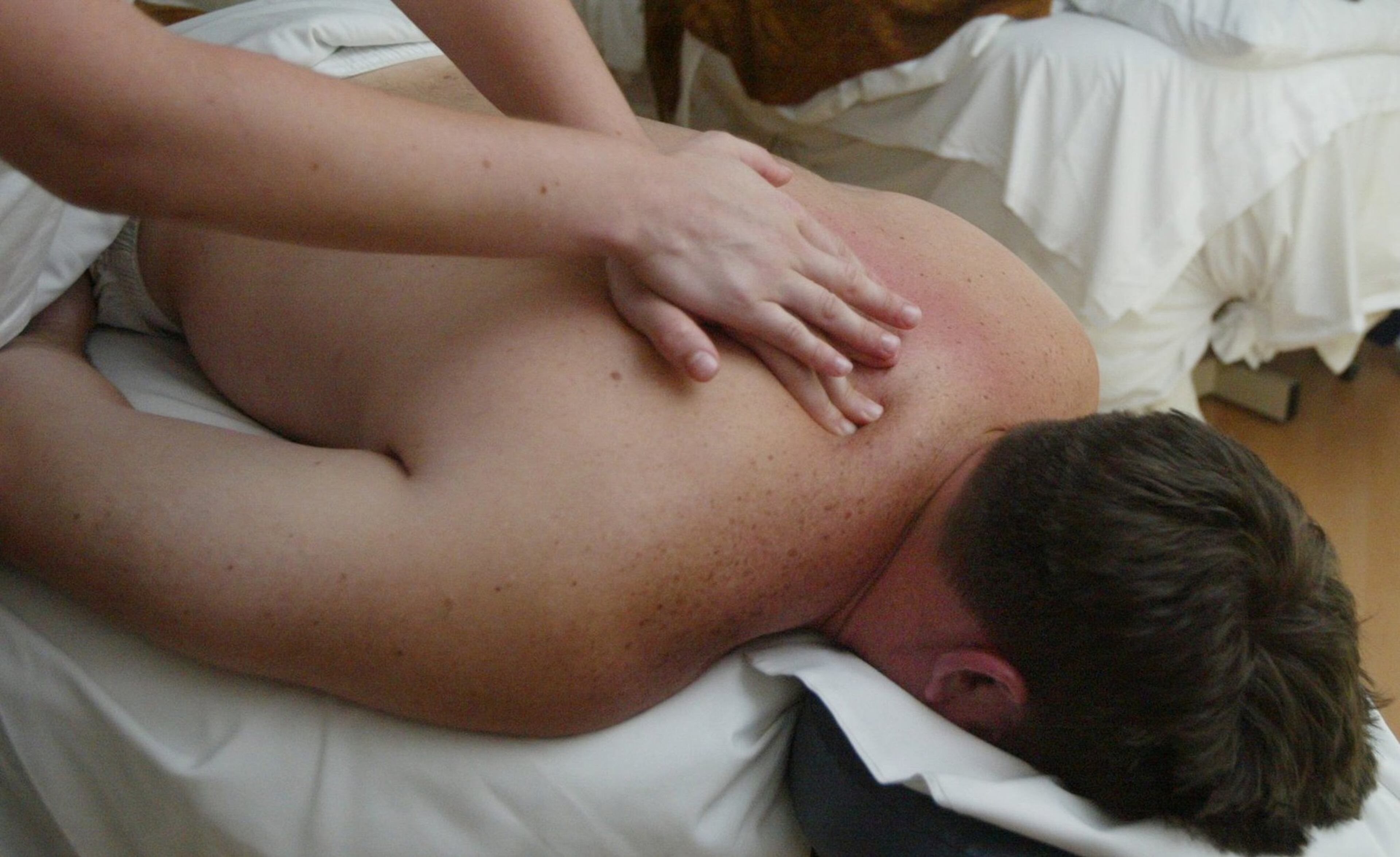8 jobs in Georgia that are most automation-proof
The newest Brookings Institution report says 36 million Americans work in positions that could soon be automated. People are rightly worried that conveniences like self-checkout will strip jobs from those who need them. The competition that used to come from an eager co-worker now comes from the automation that's poised to take away work from humans.
If you're losing sleep worrying that a robot will move in on your paycheck, there are some jobs that will be automation-proof. "It all comes down to tasks," Workopolis advised. "The more a job can be broken down into a series of routine tasks, the more likely it can be replaced by robots."
A 2017 McKinsey Global Institute study predicted 800 million people would lose their jobs to automation by 2030, one-fifth of the global workforce. But there's another way to look at those sobering statistics: If one-fifth of jobs globally are overtaken by automation, that leaves four-fifths that won't be. Want to target one of the careers where you won't have to vie with robots for your next position? According to Fast Company and other career forecasters, these eight jobs are virtually automation-proof:
1. Creatives like artists, singers and musicians.
"Humans use their life experiences, their emotions, and their creativity to bring things to life. Robotics and AI uses data to learn and improve," Tom Pickersgill, the founder and CEO of Broadstone, told Fast Company. "I don't believe data can produce genuine works of art that will truly engage an audience through shared experiences, whether that be a painting, a melody or a voice." Postsecondary art, drama and music teachers also rank high on the Georgia Department of Labor's "Georgia Hot Jobs 2020" report.
2. Healthcare workers
While Fast Company predicted more technology in the medical field in coming years, it also put healthcare jobs like doctor and nurse in the automation-proof category. Essentially, the social intelligence required to interact with patients can not be replaced by robots.
3. Hairdressers and cosmetologists
"There have been attempts to create hair cutting machines in the past but, with the exception of the buzz cut, it does really require considerable dexterity which is hard to automate," Mat Hunter, director of the Central Research Laboratory told Fast Company.

4. Teachers
Those recent strikers are not likely to lose their jobs to robots. "Although AI and robotics will undoubtedly support teachers in their roles in the years ahead, I don't envisage a day where our children will not be taught by a person," Pickersgill noted. "People skills, empathy, and understanding are critical for creating well rounded and emotionally confident young people - only a human can be sure to achieve this."
5. Sales managers
This is one of the top jobs Hubspot has determined will be safe from being taken over by AI, basing its conclusions on a 2013 study, "The Future of Employment: How susceptible are jobs to computerisation?" According to Hubspot, "Sales managers need a high level of emotional intelligence to hit their quotas each month, network and collaborate with customers, and motivate and encourage the larger sales team." The need for continually adapting to new situations also makes sales managers safe from automation.
6. Event planners
"The planning process has many, many moving parts involved," Hubspot said. "Planners have to coordinate and negotiate with vendors, contractors, and freelancers to make things come together, and the organizational and people skills involved will make this another near-impossible role to automate."
7. Software developers
It's kind of ironic that a career that's so linked to technology would be on the safe-from-automation list, but there you go. Hubspot explained: "Software engineering and development is hard enough for human beings to do, and the time and skill investment needed to create applications, software and websites will be tough to replicate - especially since developers need to execute perfectly to create great products for customers." More good news for anyone interested in this field: By 2024, it's expected to grow by almost 20 percent.

8. Massage therapists
This pick from the New York Post makes sense. It's fairly obvious why a cold robot couldn't provide massage in a way that nurtures humans and revives their spirits. The pleasant surprise is that the massage field will also have a bounty of jobs. According to the Bureau of Labor Statistics, jobs in massage will grow 22 percent by 2024.
How do you know if your job will be automated?
Any list of jobs that can escape future automation can only go so far. What about your profession? If you're worried about the fate of your chosen career, you can get a decent prediction of whether your work will fall to robots. Bloomberg, for example, has created a calculator that helps you find out the risk your particular job will be automated. In its interactive chart, the current job that is "best paid, least vulnerable" to automation is physicians and surgeons, with an average annual wage of $210,170.
And if you still need a little encouragement after the calculator exercise, listen to Singularity Hub: "The BLS forecasts faster-than-average job growth in many occupations that AI is expected to impact. Accountants, forensic scientists, geological technicians, technical writers, MRI operators, dietitians, financial specialists, web developers, loan officers, medical secretaries, and customer service representatives, to name a very few. These fields will not experience job growth in spite of AI, but through it."
